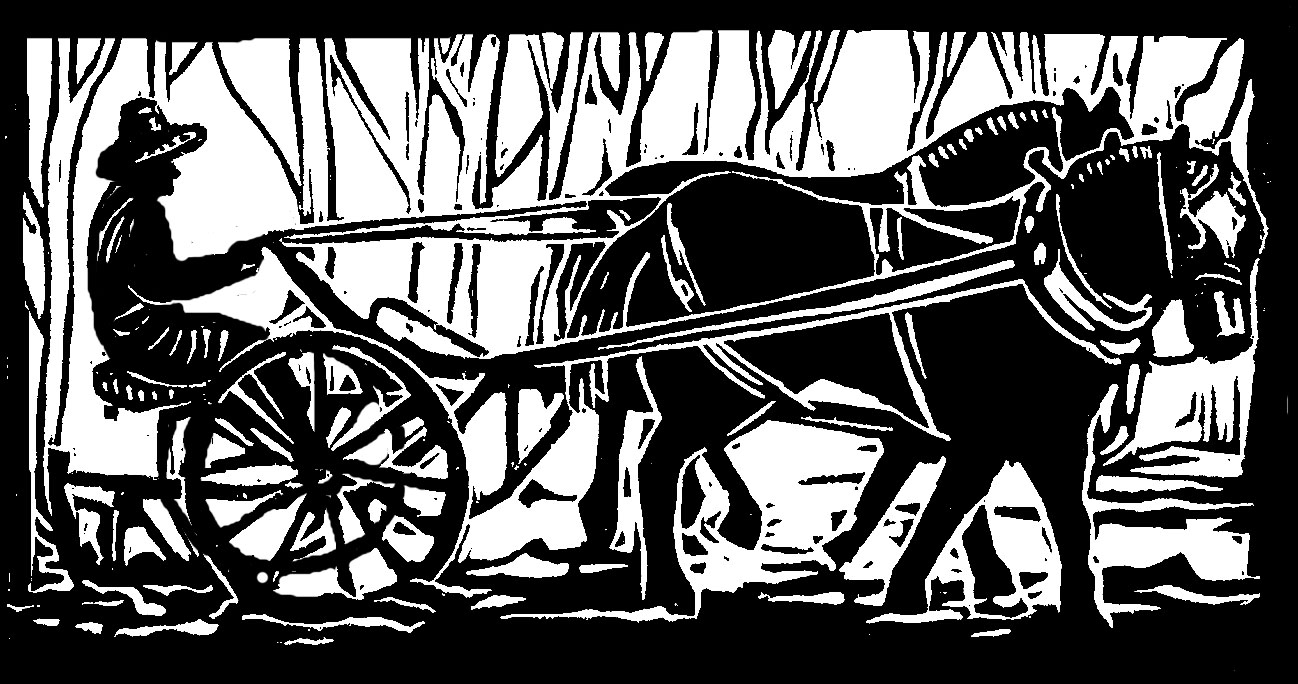Lately my fellow farmer and I have been thinking about the poem our daughter learned years ago in school:
Whether the weather be fine,
or whether the weather be not;
whether the weather be cold,
or whether the weather be hot;
we'll weather the weather,
whatever the weather,
whether we like it or not.
We thought this rhyme was pretty funny at first, but this vegetable season we have not felt quite so amused. What with snow four times in April, and six weeks of no rain, in May and early June, we were beginning to wonder whether we would be able to grow any produce at all. And now, in July and August, what do we have?
Rain. Rain. Rain. Rain. Rain.
Every rainy day, the soil gets soggier and soggier and the weeds get bigger and bigger. The broccoli heads rot on the plant and the cabbage splits and the beet greens suffer and the lettuce won't grow and the yellow squash won't ripen.
Then there are the fall crops we have not yet been able to sow, because of the rain. Or the bed of beets, which we just managed to plant between raindrops, which hardly germinated at all. There are the beans and the kale and the chard, all soggy and peaked. And the hay, far past its prime, languishing in the wet fields, which is particularly painful considering our very foolish decision not to mow hay a month ago when we had a sunny chance.
What's a soggy, peaked farmer to do? Especially a soggy, peaked farmer who wants to write a funny, cheerful sustainable farming column? Hmm.
Well, how about the greenhouses? Certainly this year we are especially grateful for the relatively dry, relatively weed-free greenhouses, from which we are happily harvesting, albeit two weeks later and a little more slowly than usual, ripe tomatoes and sweet red peppers and green peppers and hot peppers and basil and squash and cucumbers.
On the other hand, even in the greenhouses, we are faced with a problem, not a weather problem per se, but a problem no less. It began last March, when we were starting our tomatoes on the heat mat, as is our usual method. We came out cheerfully one March morning to greet all the happy little tomato seedlings from our second sowing. But all the happy little tomato seedlings were quite dead.
The heat mat wiring had gone flooey, and cooked all our little plants. It was too late to sow any more seeds, so, for the first time in twenty years of farming, we had to buy tomato starts from another farm. My tomato-loving fellow farmer was sad, but resigned, and ordered up starts for a good-tasting, nice-looking, half-pound tomato.
Soon we had the new transplants settled in the greenhouse beds. As they grew, we were a little concerned at the general spindliness of the plants. We were a little more concerned when we saw the small size of the first fruits. Then we were very concerned, as the tomatoes ripened, finally, in August, and we looked over two hundred feet of spindly plants with puny fruit, fruit which also cracks at an alarming rate, and ranks a solid mediocre in taste and texture.
“What the heck kind of half-pound, good-tasting tomato is this?” said my fellow farmer.
“Not much of one,” said I.
And not long after, I said to myself, on a rainy rainy rainy day, also in August, “What the heck kind of funny, cheerful sustainable farming column is this? Not much of one.”
All right, farmer, I admonish myself, focus on the positive:
We may have 200 feet of pathetic tomatoes in the greenhouses, but we also have 200 feet of our own delicious big tomatoes, along with another 150 feet of our own cherry and plum tomatoes. Despite the general sogginess, we are still harvesting lots of good things in the garden. We also could have much, much worse weather than we are having.
Plus we have an idea.
“Let's rip out all these dumb little tomatoes and plant the fall crops in the nice, relatively dry, relatively weed-free greenhouse!” says my fellow.
“Excellent!” I answer. “And let's bellow out the rhyme while we're at it! We'll weather the weather, whatever the weather . . .”
My fellow joins in the holler: “Whether we like it or not!”
Originally published in the Monadnock Shopper News, Aug 29-Sept 4, 2018
